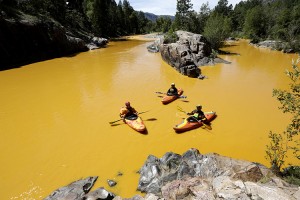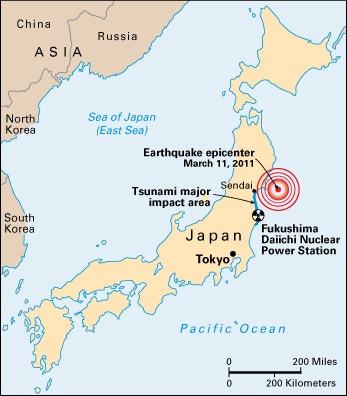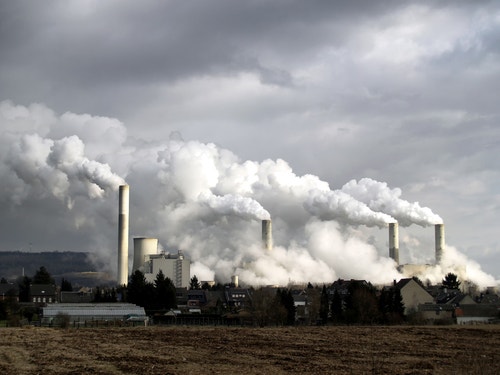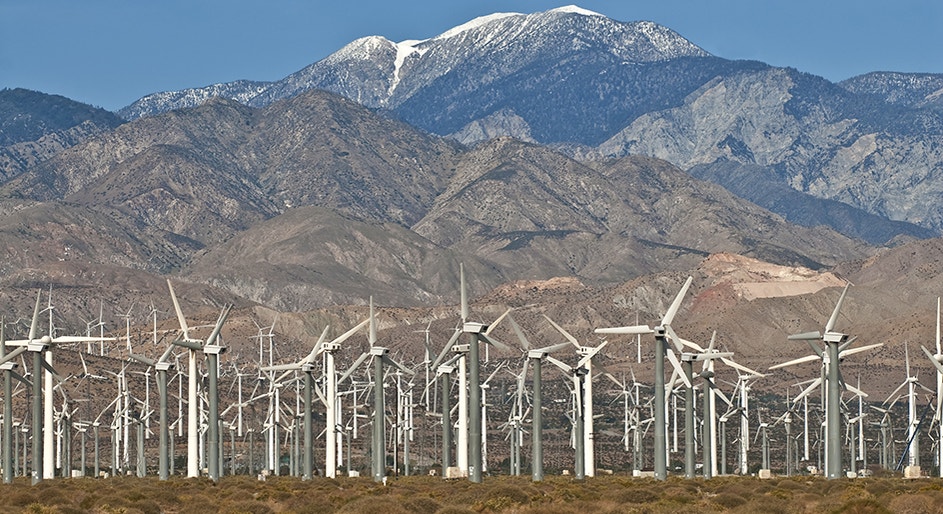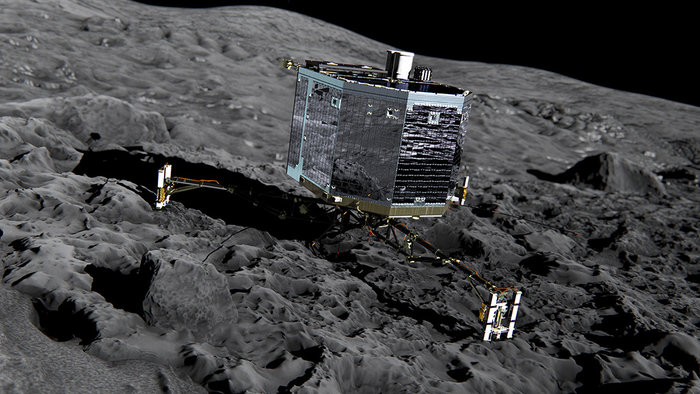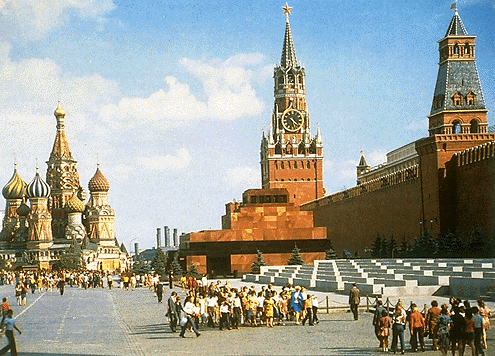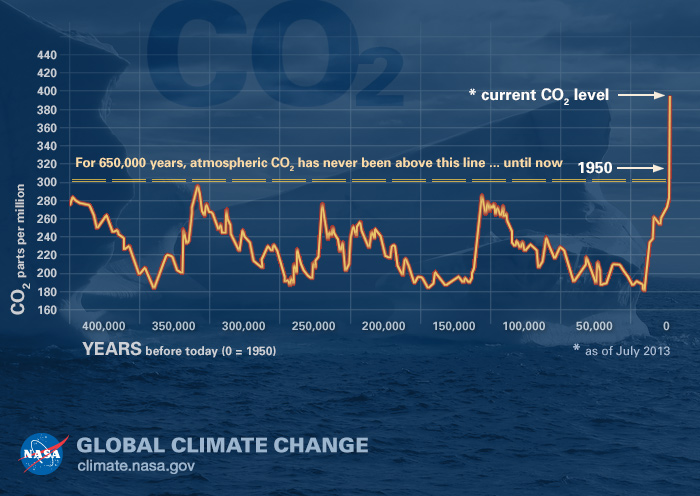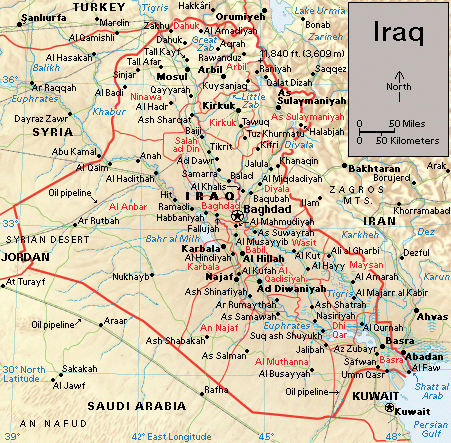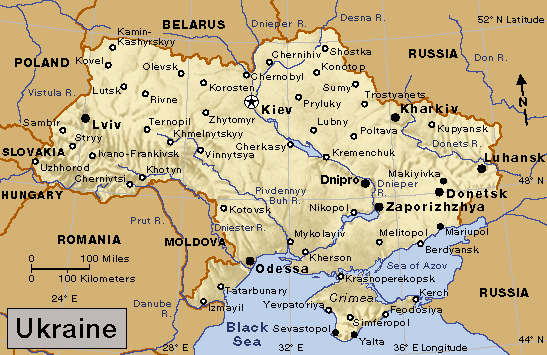Obama Plans to Clear the Air By Limiting Methane Emissions
Wednesday, August 19th, 2015August 19, 2015
On Tuesday, August 18, U. S. President Barack Obama outlined a plan to cut methane gas emissions from oil and natural gas drilling. The plan calls on petroleum companies to capture much of the methane produced when they drill new wells. Currently, some of this methane gets released into the atmosphere. There, it contributes to the greenhouse effect, which drives global warming.
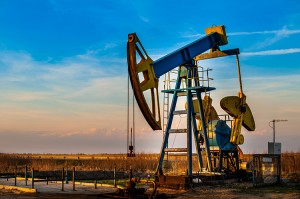
Oil pumps and other types of petroleum-industry equipment may soon be regulated to reduce methane emissions. Credit: © PhotoStock10/Shutterstock
The greenhouse effect is caused by certain gases in the atmosphere that let sunlight pass into the atmosphere but trap heat close to the planet’s surface. Although the greenhouse effective existed long before people evolved, human activity, especially since the Industrial Revolution, has likely added to it. One such activity is the burning of fossil fuels, such as coal, oil, and natural gas. This burning releases large amounts of the greenhouse gas carbon dioxide. But human activities, including drilling for fuel, have also produced emissions of another greenhouse gas—methane.
Methane is a powerful greenhouse gas. A molecule of methane lasts for an average of 12 years in the atmosphere before being broken down by sunlight. This is much shorter than carbon dioxide, which can linger in the atmosphere for thousands of years. The molecular structure of methane, however, makes it much more efficient at trapping heat than carbon dioxide. In fact, methane is 25 times more powerful than is carbon dioxide when it comes to contributing to the greenhouse effect, even with its relatively short lifespan.
The Obama administration and its allies want to cut methane emissions as part of a broader strategy to reduce the amount of greenhouse gases the United States produces. Oil and gas companies and some members of the U. S. Congress oppose the plan, saying it will increase the cost of energy. Some environmental groups also criticized the proposal. They argue that it does not go far enough because it will not hold existing wells to the same high standards.
Other World Book articles:
- Carbon Offsets: Reducing Your Footprint (Special report)
- Methane: Another Greenhouse Troublemaker (Special report)

